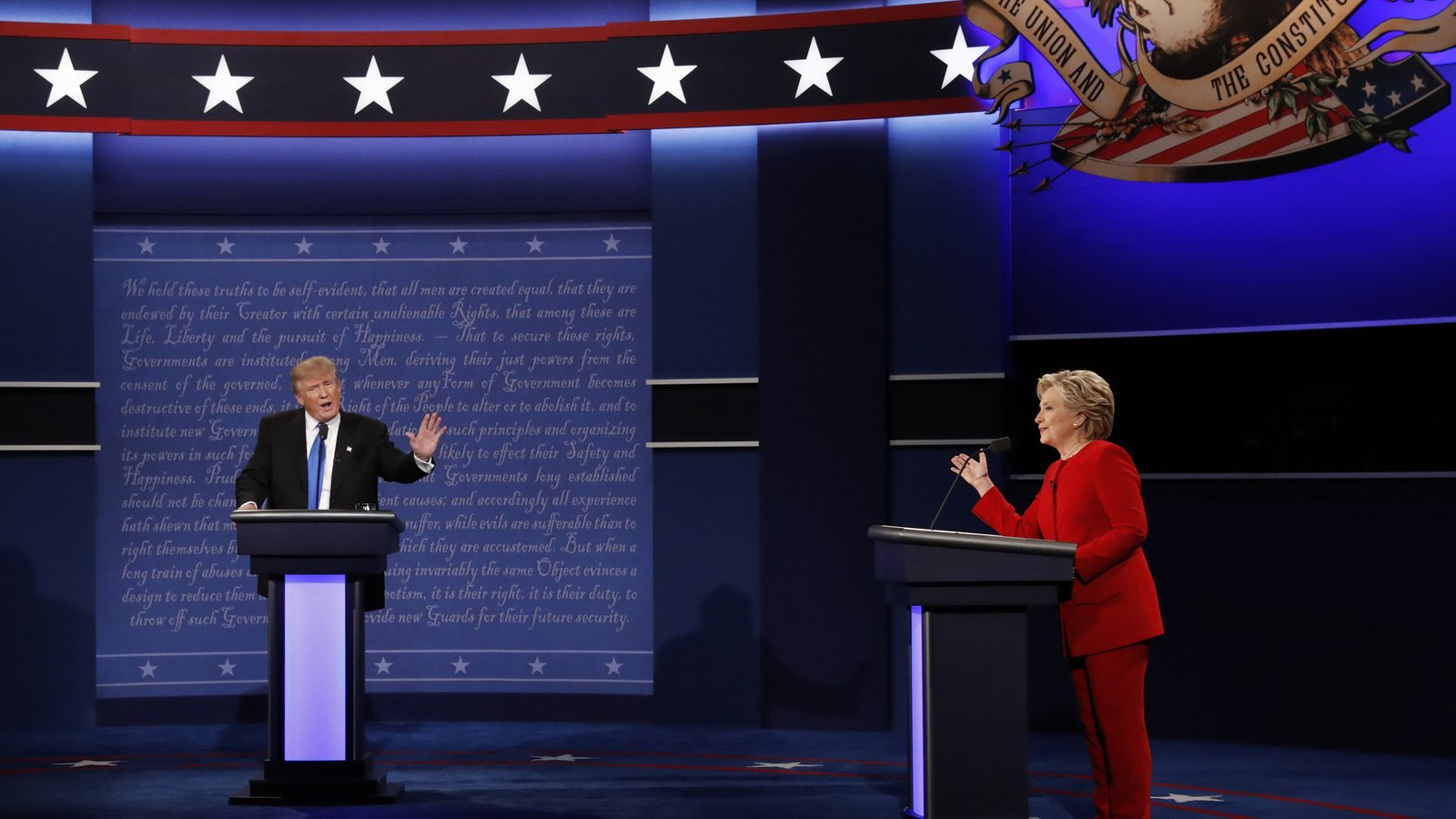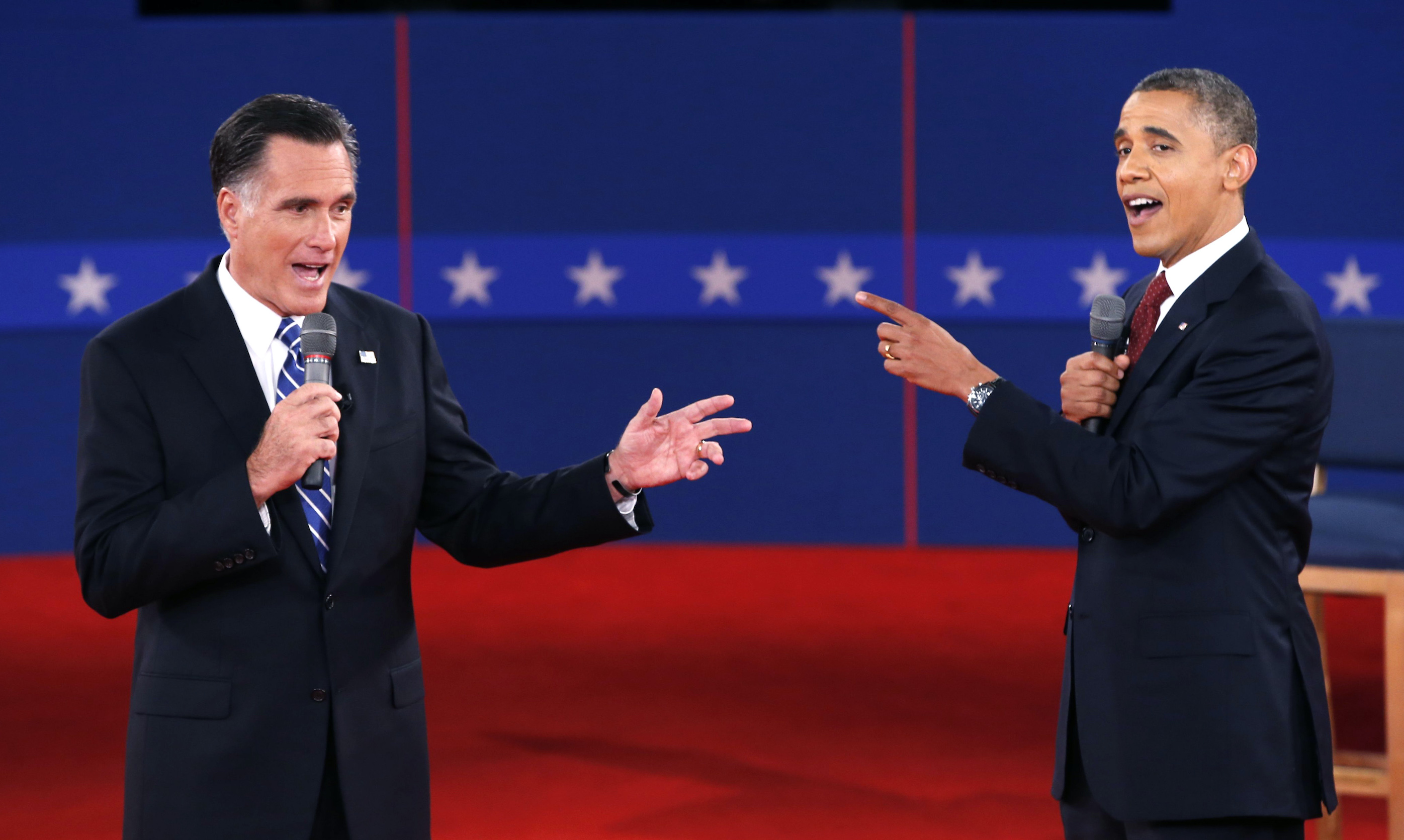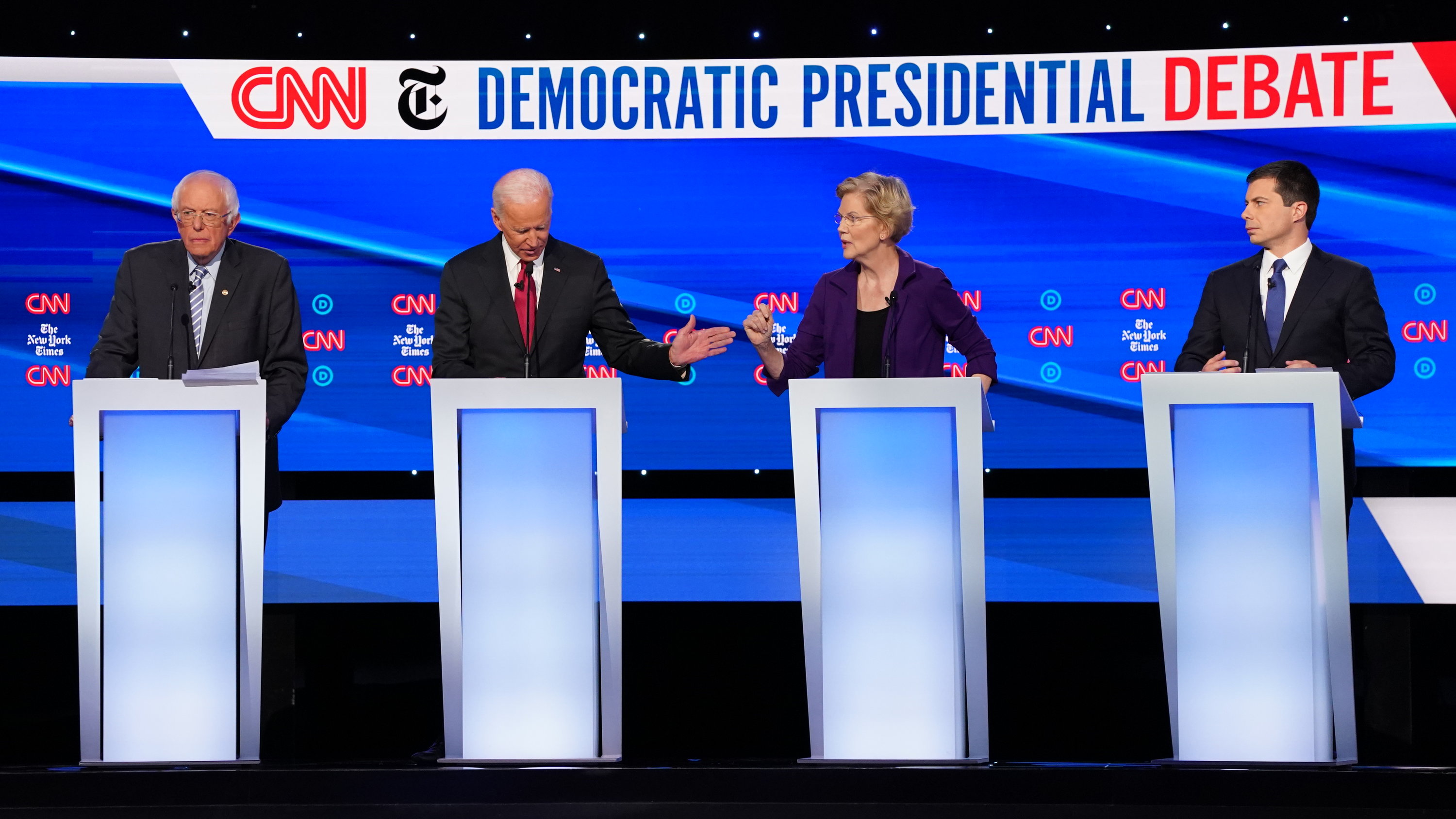The Importance Of Political Debates - A Critical Tool For Democracy
Political debateshave become an integral part of the democratic process. They provide an opportunity for candidates to present their views, policies, and vision to the public. Debates allow voters to assess the candidates' competence, knowledge, and readiness to serve.
Political debates can be informative, engaging, and entertaining. They can also be contentious, confrontational, and intense. In this article, we will explore the importance of political debates and why they matter in the democratic process.
The Purpose Of Political Debates
The primary purpose of political debates is to allow candidates to present their views on the issues that matter to the public. Debates provide a platform for candidates to showcase their strengths and demonstrate their ability to lead. Debates are also an opportunity for voters to compare and contrast the policies, priorities, and perspectives of different candidates. Debates help voters make informed decisions about who to vote for on election day.
The Role Of Political Debates In Democracy
Political debates play a critical role in the democratic process. They allow candidates to engage with the public, articulate their policies, and defend their positions. Debates also promote accountability and transparency, forcing candidates to answer tough questions and justify their proposals. Debates provide a public forum for the exchange of ideas, where candidates can challenge each other's claims and offer alternative solutions to problems facing the nation.
Debates are also a way to hold politicians accountable for their actions and ensure that they are working in the best interests of the public.
The Benefits Of Political Debates
Political debates offer several benefits to the democratic process. First, debates allow voters to evaluate the character and competence of the candidates. Second, debates provide a platform for candidates to articulate their policies and priorities. Third, debates promote accountability and transparency, forcing candidates to answer tough questions and justify their proposals.
Fourth, debates offer an opportunity for the public to engage with the political process and become informed about the issues that affect their lives. Finally, debates are an important way to ensure that politicians remain accountable to the public and work in the best interests of the nation.
The Challenges Of Political Debates
While political debates offer several benefits, they also present several challenges. Debates can be marred by personal attacks, misrepresentations, and distortions of facts. Debatescan also be scripted and rehearsed, making it difficult for voters to evaluate the candidates' authenticity and spontaneity.
Debates can also be polarizing, exacerbating political divisions and deepening societal cleavages. Finally, debates can be influenced by media coverage, with the media playing a significant role in shaping public opinion about the candidates and the issues.
Improving Political Debates
To address some of the challenges of political debates, several improvements can be made. First, debates should be structured to ensure that all candidates have an equal opportunity to present their views and policies.
Second, moderators should be impartial and well-prepared to ask tough questions and hold candidates accountable. Third, debates should be focused on the issues that matter most to the public, rather than on personal attacks or political theater.
Fourth, debates should be accessible to all voters, including those with disabilities, through closed captioning and sign language interpretation. Finally, debates should be fact-checked in real-time to prevent candidates from making false claims or misrepresentations.
The Future Of Political Debates
Political debates have evolved over time, from the first televised debate between John F. Kennedy and Richard Nixon in 1960 to the virtual debates held during the COVID-19 pandemic. The future of political debates will continue to evolve, as technology advances and the political landscape changes.
Virtual debates may become more common, allowing candidates to participate from different locations and reducing the risk of spreading infectious diseases. Artificial intelligence may be used to fact-check claims made by candidates in real-time.
Social media may become an even more significant platform for debates, allowing candidates to engage with voters directly and bypass traditional media outlets. Despite these changes, the fundamental importance of political debates in the democratic process will remain unchanged. You can follow all political debates for the next term of elections in 2024 in Washington Independent.
The Impact Of Political Debates
Political debates can have a significant impact on the outcome of an election. In some cases, a strong debate performance can propel a candidate to victory, while a weak performance can derail a campaign. For example, in the 2012 U.S. presidential election, Mitt Romney's strong performance in the first debate against Barack Obama helped him gain momentum in the race.
Similarly, in the 2016 U.S. presidential election, many analysts believe that Hillary Clinton's weak performance in the first debate against Donald Trump hurt her campaign.
Political debates can also shape public opinion about the candidates and the issues. Polls conducted after debates often show a shift in public opinion, with voters changing their views on the candidates' policies and priorities. Debates can also highlight issues that may not have received much attention during the campaign and bring them to the forefront of public discourse.
The Role Of Media In Political Debates
The media plays a significant role in shaping public opinion about the candidates and the issues discussed in political debates. Media coverage of debates can influence how voters perceive the candidates' performance, as well as which issues are deemed most important. Media coverage can also influence which moments from a debate are highlighted and remembered by the public.
However, media coverage of political debates is not always balanced or fair. Some media outlets may have a bias towards one candidate or another, and some may focus on sensational or controversial moments rather than substantive policy discussions. As such, it is essential for voters to seek out diverse sources of information and to critically evaluate the media coverage of political debates.
The Importance Of Civil Discourse In Political Debates
Political debates can become contentious and heated, with candidates attacking each other's character or engaging in personal insults. While some level of disagreement and debate is to be expected in a political context, it is essential that candidates engage in civil discourse and maintain a respectful tone towards each other.
Civil discourse is critical to promoting a healthy democracy, as it allows for the exchange of diverse perspectives and promotes the airing of different viewpoints. When candidates engage in civil discourse, they demonstrate a commitment to the democratic process and show that they are capable of working together to find solutions to complex issues.
On the other hand, when candidates engage in uncivil discourse, they risk alienating voters and damaging the public's perception of the political process. Personal attacks and insults can distract from substantive policy discussions and undermine the public's confidence in the political system.
Encouraging Voter Engagement Through Political Debates
Political debates can also play an essential role in encouraging voter engagement and promoting voter turnout. By providing a platform for candidates to present their views and policies to the public, debates can help voters make informed decisions about who to vote for.
Moreover, debates can help to energize voters and encourage them to become more engaged in the political process. By highlighting the importance of civic participation, debates can inspire voters to take action, whether by volunteering for a campaign, donating money to a candidate, or simply showing up to the polls on election day.
People Also Ask
What Are Called Policies?
Policies are a set of guidelines, rules, principles, or plans that are put in place by an organization or government to achieve a specific goal or objective.
What Are The 4 Types Of Policy?
There are many ways to categorize policies, but one commonly used classification system is based on their level of specificity and scope. According to this system, the four types of policy are:
- Constituent policies: Broad policies that define an organization's overall mission, values, and goals.
- Executive policies: More specific policies that provide guidance on how to achieve the goals set out in constituent policies.
- Operational policies: Detailed policies that provide guidance on how to implement executive policies at a practical level.
- Procedural policies: Policies that describe the steps that should be taken to complete a specific task or process.
What Is The Plural Of Policy?
The plural of policy is policies.
Conclusion
Political debates are a critical tool for democracy, providing an opportunity for candidates to present their views and policies to the public, promoting accountability and transparency, and encouraging public engagement with the political process. While debates present several challenges and are subject to media influence, improvements can be made to ensure that debates remain focused on the issues that matter most to the public and promote informed decision-making by voters. Ultimately, political debates play a significant role in shaping public opinion about the candidates and the issues, and their impact can be felt long after the final debate has ended.



